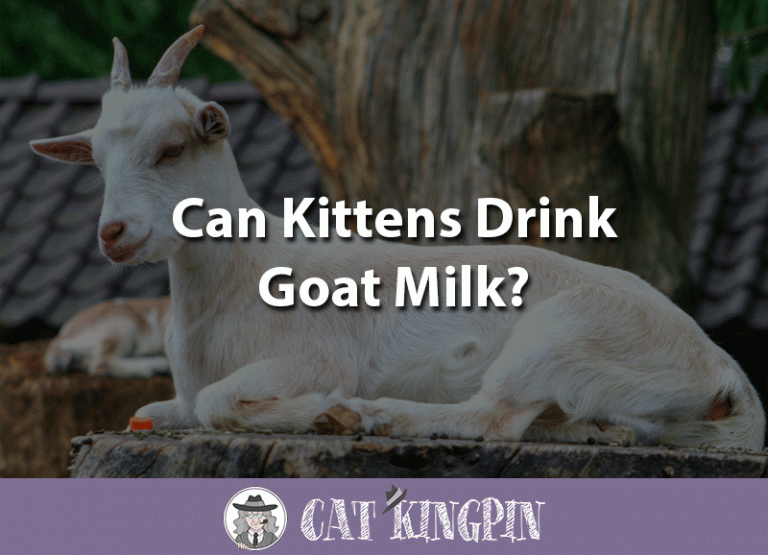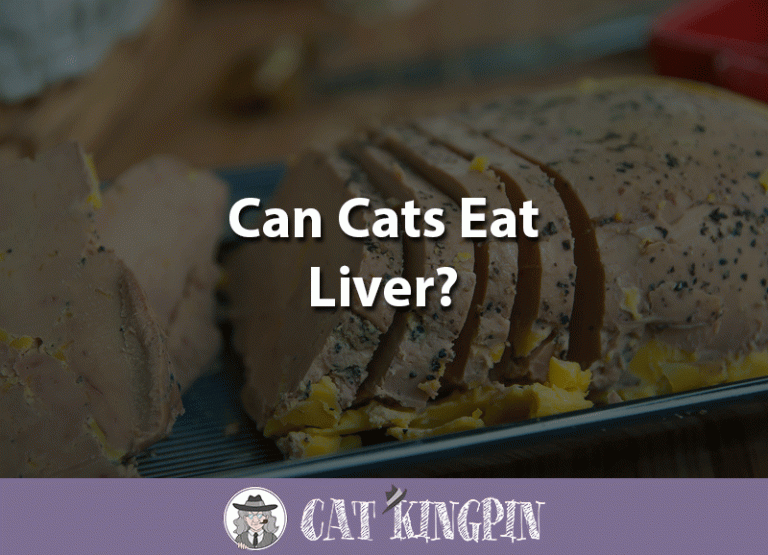Can Cats Eat Pork?
If you are a meat eater, then a southern fried pork chop is the ultimate in comfort food. While a pork chop slathered in maple butter with a side mashed potatoes and gravy might not be your best dietary choice, lean cuts of pork eaten in moderation are considered a reasonably healthy source of protein for people.
But what about cats? Can cats eat pork?
In this article we’ll cover the following;
- Cats and Pork, What You Need to Know
- Can Cats Eat Raw Pork?
- Should Kittens Eat Pork?
- Benefits and Drawbacks to Cats Eating Pork
- Healthy Alternatives to Pork
Cats and Pork, What You Need to Know
Pork can be a great source of protein, vitamins such as thiamin (vitamin B1), and minerals like phosphorus and zinc. Bacon, ham, salami, and pepperoni, are all made with the meat we know as pork.
As obligate carnivores, meat is the only food cats really need to eat and they derive little to no nutrition from plants and vegetables. But, is pork a good form of meat for cats to eat? Do they like it?
As the following video shows, even old cats with no teeth enjoy having a go at a pork chop:
The main problem with cats eating pork is if they are given cuts that are high in fat. While cats can enjoy a diet proportionately higher in saturated fats without any negative effects such as heart disease, access to a lot of high-fats can result in your cat consuming too many calories and becoming overweight. For cats, pork is similar to pasta for humans. It’s just not all that healthy.
Additionally, raw pork can be contaminated with parasites and bacteria, such as Salmonella. That’s why pork should be fully cooked, as the bacteria and parasites are destroyed from the heat of properly cooking the meat.
Can Cats Eat Raw Pork?
While cooked pork is generally okay to give cats, raw or undercooked pork does carry some risks of sickness from bacteria and parasites.
As we can see from the following video, some cats do like the taste of raw pork… VERY raw pork…
While it is unlikely your cat would get sick from eating raw pork, why take chances with their health? Instead, just stick with providing them with the occasional cooked plain pork as a treat.
Should Kittens Eat Pork?
Kittens tend to be even more susceptible than adult cats to most things because they have not yet fully developed their immune systems. Bacteria and parasites that could be in raw pork are even more likely to make a kitten sick than an adult cat.
Make sure if any pork you feed your kitten is cooked first, and doesn’t contain any additives like salt or spices. Even then, it should be given only as on occasional treat and in small quantities.
Because a high-quality, grain-free kitten food has all the nutrients a growing kitten needs, it’s best to stick with something like Wellness kitten food or else Taste of the Wild kitten food.
Benefits and Drawbacks to Cats Eating Pork
As we have learned, lean pork is a good source of protein in your cat’s diet. Unregulated consumption of pork cuts with higher fat content, however, can lead to feline obesity.
Raw pork also poses a slight risk of Salmonella poisoning in cats. While Salmonella does not seem to affect cats as severely as humans, they can still suffer from a variety of symptoms when sickened by the bacteria, including:
- High fever
- Loss of appetite
- Vomiting
- Diarrhea
- Abdominal pain
- Dehydration
In severe cases, life-threatening septicaemia and endotoxemia may develop. In rare cases, the infection may spread to different organs causing pneumonia, meningitis, and miscarriage in pregnant cats. To be safe, avoid giving your cat raw pork.
Another problem associated with consuming raw pork is a disease called trichinosis. Caused by infection from parasitic roundworms of the genus Trichinella, trichinosis occurs after eating undercooked pork that contains roundworm cysts.
The cysts hatch in the stomach, releasing larvae which burrow into the wall of the small intestine, often resulting in diarrhea, abdominal pain, and vomiting.
If that doesn’t sound unpleasant enough, upon maturation into adults, the worms embedded in the intestine release more larvae which migrate to the smooth muscles throughout the body and can cause facial swelling, inflammation of the whites of the eyes, fever, muscle pain, and rashes.
More serious complications can also occur, including inflammation of the heart muscle, central nervous system damage, and inflammation of the lungs.
Trichinosis is still a major problem in the developing world although it has been virtually eliminated from pork produced in the United States. Almost all of the dozen or so cases per year that occur in the U.S. are the result of eating undercooked wild game.
The bottom line for people or cats is the risk of disease from eating raw or undercooked pork in the U.S. is small. However, if you or your cat are unlucky enough to get Salmonella or trichinosis from eating undercooked pork, be prepared for a pretty nasty illness.
Healthy Alternatives to Pork
Adult cats are fine to have a little bit of cooked pork from time to time. But, with all of the great options out there, why not try a pork-themed, sausage cat food? There are also sausage-flavored cat treats that can satisfy your cat’s craving for pork.
There’s no rush to feed pork to your cat, however. They don’t need it to survive, so any high-quality, meat-based cat food will be great for them, such as Wellness or Taste of the Wild cat foods.
So, Can Cats Eat Pork?
Well, now we know that cats can eat pork. We also learned you should never feed raw pork to your cat or kitten because of the bacteria and parasites that can make your kitty sick if present.
Most importantly, we saw that there are many safe and healthy sausage flavored cat foods and treats that are great alternatives for your kitty.
If you have any questions or would like to share a story about your cat and pork, please tell us in the comments below. We’d love to hear from you!







